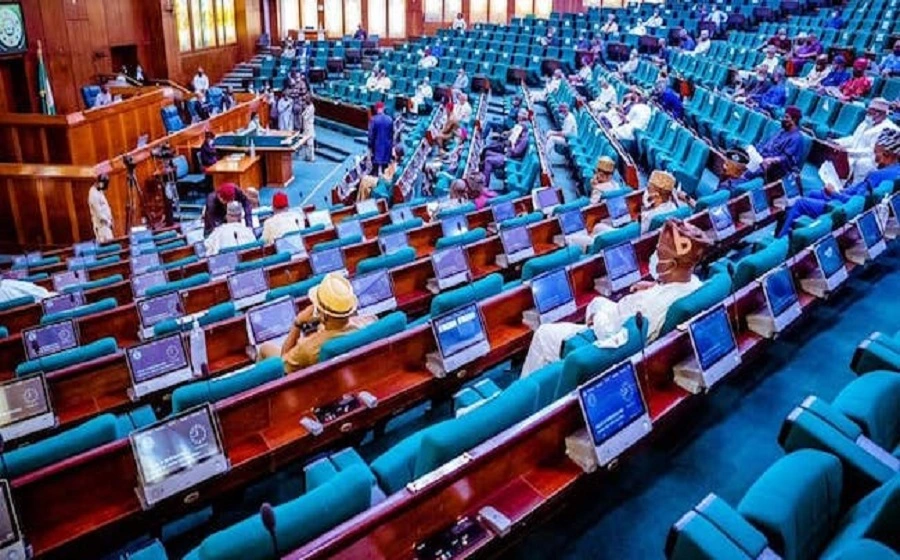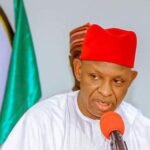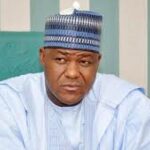The Deputy Spokesman of the House of Representatives, Hon. Philip Agbese, says those who initially kicked against tax reforms bills are now advocating for their speedy passage.
He said barring any change, the House hopes to debate the bills when it convenes on Tuesday.
Daily Trust reports that the four executive bills have set the 36 state governors and stakeholders from the North against the Federal Government, with growing calls for the withdrawal of the bills to create room for more consultation.
Borno State Governor, Professor Babagana Zulum, at the weekend called on his Northern colleagues to reject the bills, insisting that if implemented, the bills would damage the region’s economy.
- Some lawmakers don’t know contents of tax reform bills –Barau
- Tax Reform Bills: Abbas, Barau must safeguard northern interests
But speaking to journalists in Abuja on Saturday, Agbese said robust deliberation that could ultimately lead to the passage of the tax reform bills is expected upon resumption of the House.
According to him, most of his colleagues have read the bills and as a result, a number of them are now shifting grounds.
He said, “Those initially opposed to the bills are now advocating for their speedy consideration and passage.
“When we converge next week, more supporters will have been won over but I want to add that this is not only about lawmakers. These bills are about Nigerians, from the top company executive to the farmer in a rural village. I say this because public policy affects everyone. If passed into law, these bills will rejig the economy and ensure rapid development of critical infrastructure.”
The lawmaker lauded the chairman of the Federal Inland Revenue Service, Zacchaeus Adedeji for championing reforms to improve the nation’s revenue through effective tax administration.
He expressed the assurance that Nigerians would reap the benefits of the tax reforms when they fully materialised.
“Nigerians will appreciate this man very soon because when these bills are passed and the Federal Government has more money to spend, critical infrastructure will be developed. Jobs will be created and to a great extent, poverty will be reduced,” he said.

 Join Daily Trust WhatsApp Community For Quick Access To News and Happenings Around You.
Join Daily Trust WhatsApp Community For Quick Access To News and Happenings Around You.


